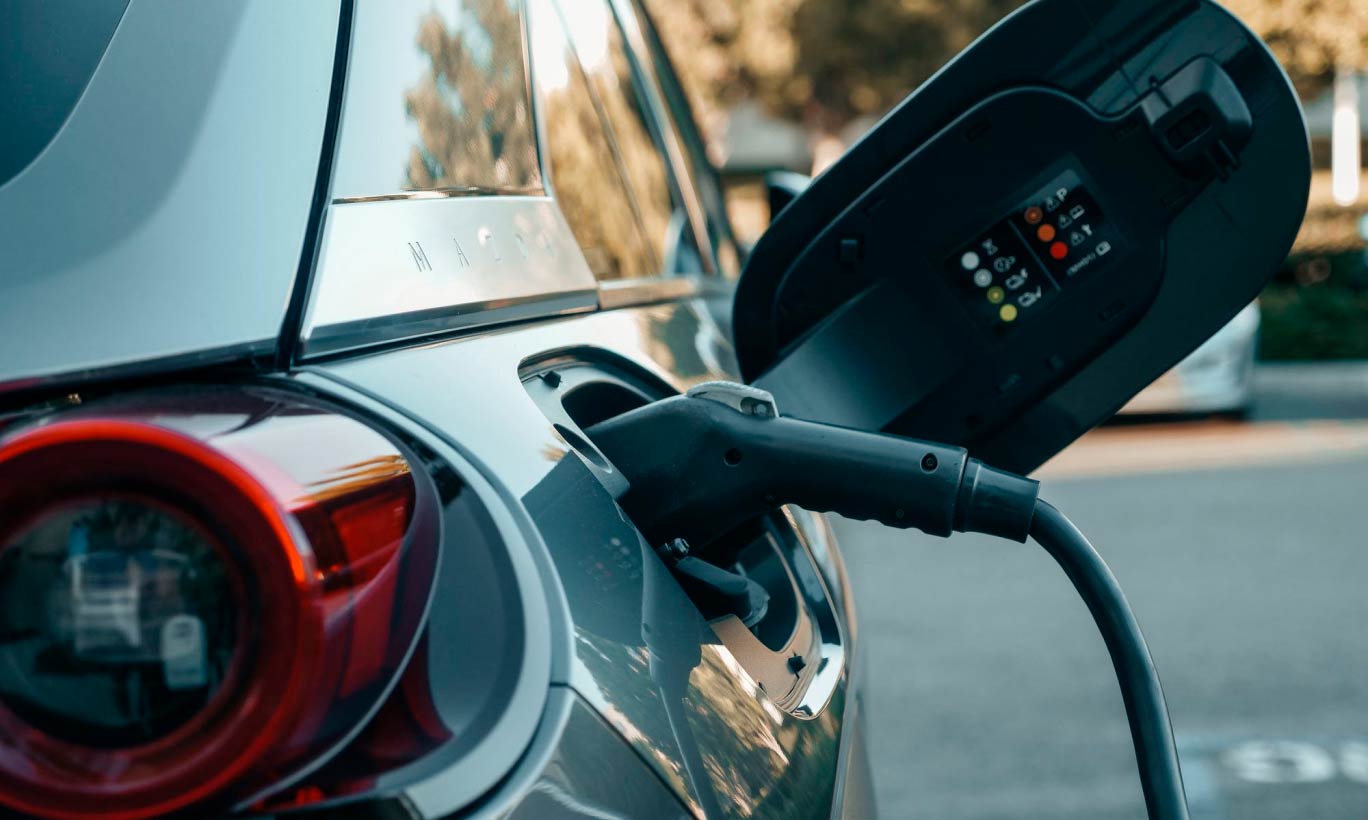money
Should you buy an electric car?
6 min | 13 November 2023


We'd all like our cars to be kinder to the planet. You could consider switching to an electric or hybrid car. We guide you through the maze of choices including whether to buy, lease or hire, where to charge, and how much it will cost you. After 2035, it may no longer be possible to buy new petrol and diesel cars, so it might be time to think about making the change.
I have a car I love very much. It’s an ancient black classic convertible that sometimes leaks in the winter. And it is most definitely the last petrol car I’m ever going to own – because it’s time to go electric.
If you feel the same, there are some questions you need to ask yourself first. The first one is – do you actually need a car of your own? If you live in the countryside or a village, and can’t depend on public transport, the answer is likely to be yes.
If you live in a city or some larger towns with good public transport, the answer is more likely to be no. You could rent an electric car by the day when you need it. There are low-cost alternatives to conventional car hire companies, including car-sharing clubs, which can offer electric vehicles in the UK.
If you decide to buy, questions to ask include:
How much will it cost to charge my car?
It can be free to charge at many kerbside points in cities, supermarket car parks and petrol stations. And of course, you can charge your car at home, if you have parking outside. But some places do charge. For example, some public rapid chargers can cost £19 for 30 minutes of charging, which will give you about 90 miles of range. Charging your car at home costs about £17 for a full charge and will give you about 200 miles of range.
Is there an adequate nationwide charging network?
The UK government plans to mandate electric car chargers in every new home built from next year. But there is still a lack of electric charging points across the country and, for many people, the driving range of an electric car is still a sticking point. The average is around 200 miles for a full charge according to the Electric Vehicle Database, which gives a full list of range by car model
Should you choose a hybrid?
This is the conservative choice for now. It means that you will never be stranded for lack of a charging point, as long as you keep your fuel tank topped up. The technology is proven, and there are second-hand vehicles available. Although new petrol and diesel cars, even hybrid versions, can only be bought up to 2035 under current plans.
How does the cost compare to a petrol or diesel car?
New electric cars are generally more expensive on a like-by-like basis. But if you’d be happy with a small car, there can be good options available. Once you have your car, maintenance costs will likely be low, you will be free of road tax and high fuel costs, but insurance can be more expensive, as the large batteries and other parts in your new car are more costly to replace if they fail. Please note that the UK Government proposes that road tax (Vehicle Excise duty) will be payable for electric cars from 1 March 2025.
Another saving if you drive in London is that you will be free of the Low Emission Zone (LEZ) and Ultra Low Emission Zone (ULEZ) payments imposed on petrol and diesel cars. Electric cars get a 100% discount on the London Congestion Charge until Dec 2025 too. Birmingham’s low emission zone affects some cars, electric cars are exempt. Glasgow’s LEZ came into force in June 2023. Bath has a class C clean air zone, which means that charges only apply to some commercial vehicles.
Should you lease instead?
You could consider leasing an electric car, which will free you of battery failure worries and means that, as the technology advances, you are likely to benefit from driving a newer car, because it's easier to swap to leasing a newer model. It pays to check the charges and any termination fees payable before deciding to take on a lease.
How green is the charging of your electric car?
The ‘long tailpipe’ theory argues that using electric vehicles does not always result in fewer emissions compared to those from non-electric vehicles as emissions are simply shifted to the power plant, and coal is even more polluting than oil. However, power generation is done at scale, at upward of 60% efficiency and is far more efficient than many small Original Equipment Manufacturer (OEM) car engines. A Medium article on the ‘long tailpipe’ theory shows that because the grid is getting cleaner every year, it means an electric vehicle gets cleaner as time goes by.
To compare the running costs of your petrol or diesel car to an electric car, you can use this calculator at Electric Together
Electric car ownership is gaining momentum
People in the UK are switching to electric. Figures from the Society of Motor Manufacturers and Traders show that battery electric vehicle sales in 2023 to date are up almost 20% on 2022.
There is some concern about whether the UK’s charging infrastructure will grow fast enough to meet demand, as ministers want more electric cars on the road by 2035 when sales of petrol and diesel cars will be banned. But government grants for buying electric cars under £32,000 have been cut from £2,500 to £1,500. (Grants for wheelchair accessible vehicles remain at £2,500 for cars up to £35,000).
I’d regarded my policy of buying older petrol cars and running them into the ground as greener than buying a new car every two years. However, I’m beginning the search for my next car – one that’s hopefully kinder to the planet.
Looking for an account to keep your savings? Bank with Chase and you can open a saver account. Start saving with as little as you like, and we’ll calculate your interest daily and pay it monthly.
18+, UK residents. A Chase current account is required to open a saver account.
The new way to bank
Get to know the Chase current account. It's packed full of rewards and clever features that we think you'll love.






